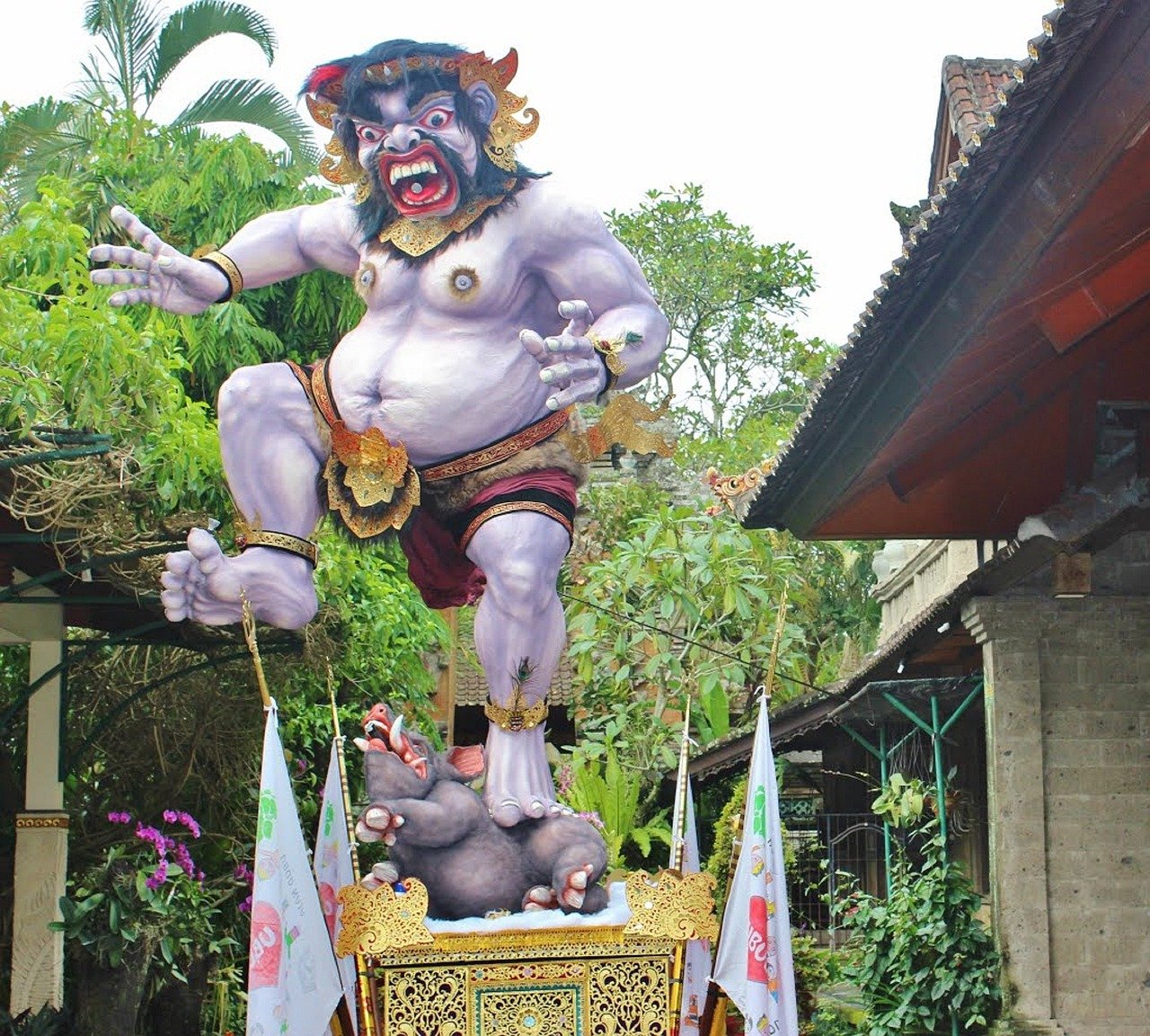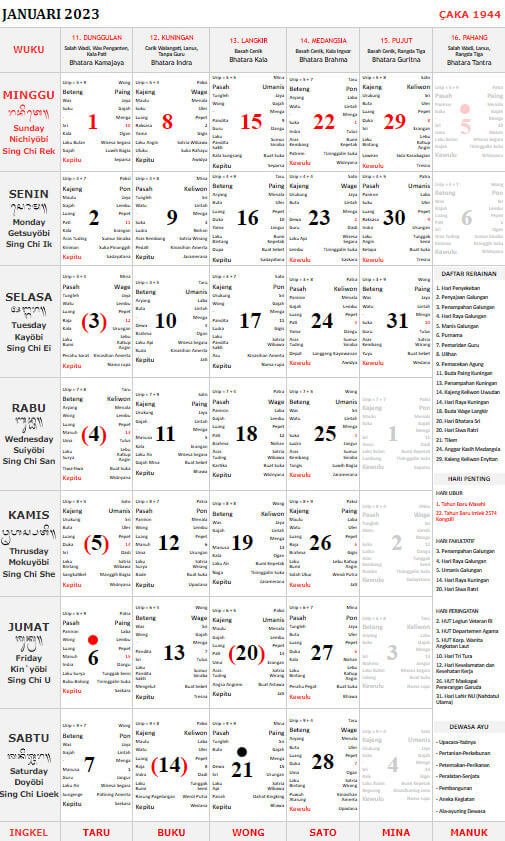
The Balinese Calendar and How It Guides Everyday Life in Bali
At the heart of Balinese life lies the Balinese calendar, a fascinating and intricate system that governs the timing of festivals, ceremonies, and daily activities. In this comprehensive guide, we will embark on a captivating journey to unravel the mysteries of the Balinese calendar. From the ancient origins to the unique structure, we will delve into the depths of this calendar and discover its profound significance in Balinese culture.

Here are some Frequently Asked Questions about The Balinese Calendar:
What is the Balinese calendar?
The Balinese calendar is a complex system of timekeeping that is based on a combination of lunar and solar cycles. It is used to determine auspicious days for religious ceremonies, festivals, and other important events.
How does the Balinese calendar differ from the Gregorian calendar?
The Balinese calendar differs from the Gregorian calendar in several ways. It is based on a different system of timekeeping, and it has its own unique names for days, weeks, and months. Additionally, it is used primarily for religious and cultural purposes, rather than for practical or administrative purposes.
What is the significance of the Balinese calendar in Balinese religion?
The Balinese calendar is an important part of Balinese religion, as it is used to determine auspicious days for religious ceremonies, festivals, and other important events. It reflects the Balinese belief in the importance of maintaining spiritual balance and harmony through the observance of traditional practices and rituals.
How does the Balinese calendar reflect the Balinese philosophy of Tri Hita Karana?
The Balinese calendar reflects the Balinese philosophy of Tri Hita Karana by emphasizing the importance of maintaining balance and harmony between humans, nature, and the divine. It is used to determine auspicious days for religious ceremonies and festivals that honor the deities and spirits and promote spiritual well-being.
What are some of the unique features of the Balinese calendar?
Some of the unique features of the Balinese calendar include its use of lunar and solar cycles, its ten distinct week cycles, and its unique names for days, weeks, and months. It is also based on a complex system of calculations and observations that have been passed down through generations.

How is the Balinese calendar used to determine auspicious days for religious ceremonies and festivals?
The Balinese calendar is used to determine auspicious days for religious ceremonies and festivals by consulting with a Balinese priest or astrologer. They will use a combination of calculations and observations to determine the most auspicious days for the event.
How does the Balinese calendar reflect the cyclical nature of time in Balinese religion?
The Balinese calendar reflects the cyclical nature of time in Balinese religion through its recurring patterns and cycles. It recognizes the repetitive nature of celestial movements and the importance of honoring specific days and periods within these cycles. This understanding of cyclical time is deeply ingrained in Balinese religious practices and rituals.
Are there any specific rituals or ceremonies associated with the transition of Balinese calendar cycles?
Yes, there are specific rituals and ceremonies associated with the transition of Balinese calendar cycles. For example, the Nyepi or “Day of Silence” marks the beginning of the Balinese New Year and is a time of introspection and purification. Other ceremonies and rituals may also be performed to honor the transition of calendar cycles and seek blessings for the upcoming period.
How does the Balinese calendar influence everyday life and activities in Bali?
The Balinese calendar influences everyday life and activities in Bali by guiding the timing of various events and activities. It determines auspicious days for important life events such as weddings, house blessings, and temple ceremonies. It also influences agricultural practices, traditional arts performances, and community gatherings, ensuring that they align with the spiritual and cultural significance of specific calendar days.
How does the Balinese calendar contribute to the preservation of Balinese cultural identity?
The Balinese calendar contributes to the preservation of Balinese cultural identity by providing a framework for religious and cultural practices. It ensures that important ceremonies, festivals, and rituals are observed at the appropriate times, maintaining the rich tapestry of Balinese traditions. The calendar serves as a reminder of the deep-rooted spiritual beliefs and cultural heritage that are integral to Balinese society.
